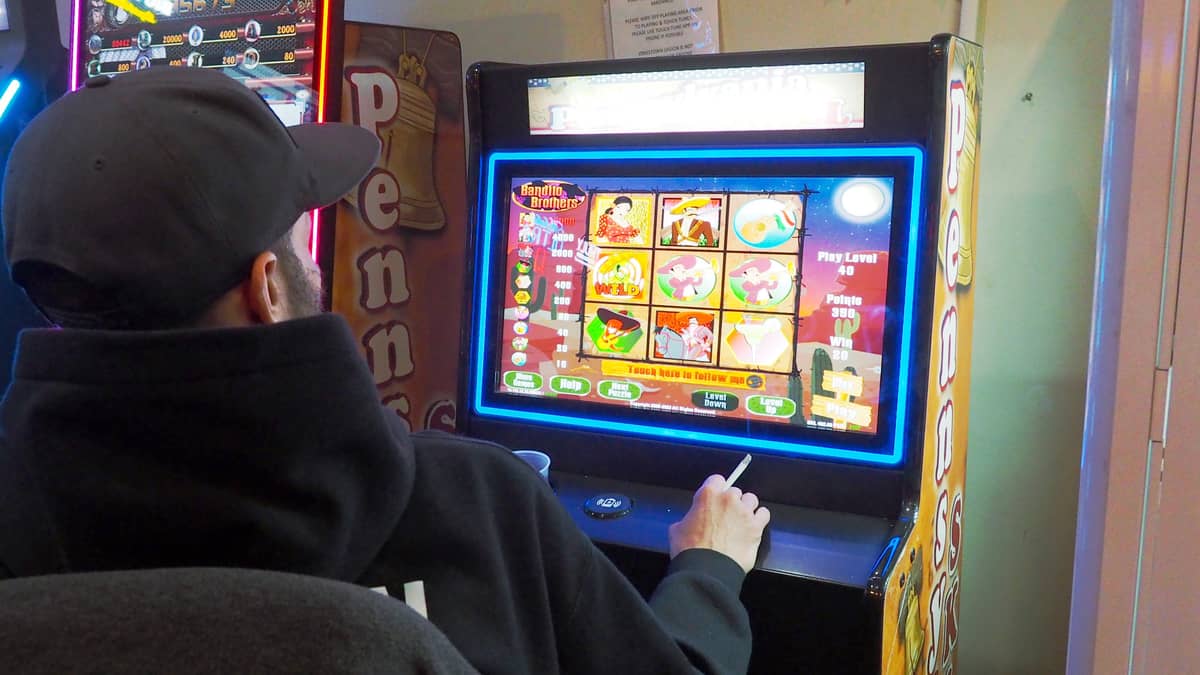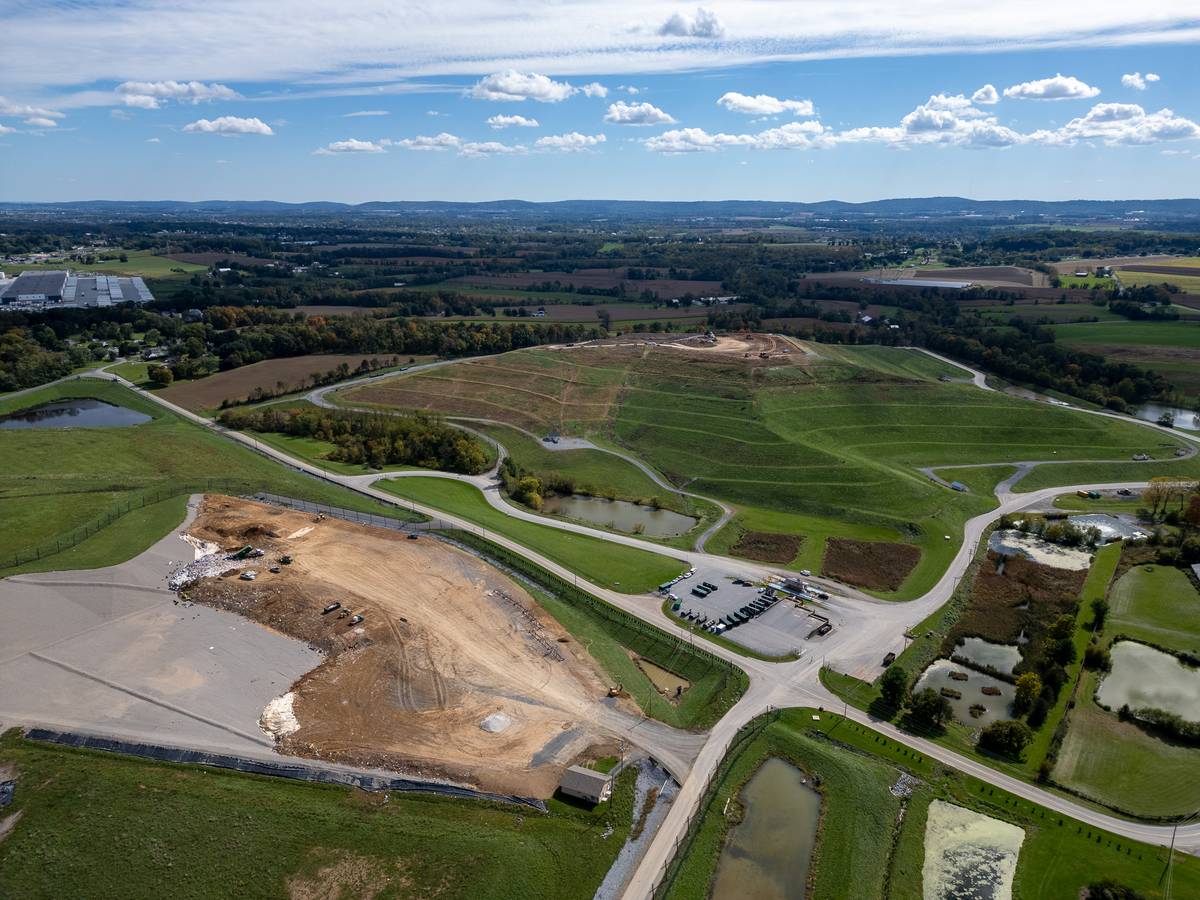This article is shared with LebTown by content partner Spotlight PA.
By Ethan Edward Coston of Spotlight PA
HARRISBURG — One year ago, as Congress met to count electoral votes and certify the 2020 presidential election, then-President Donald Trump encouraged his supporters to march on the Capitol following a rally where he pushed the lie that the contest was stolen from him.
Dozens of Pennsylvanians heeded the call, according to law enforcement, and the protest quickly turned into a violent attempt to overturn the election results and overthrow the U.S. government.
But Pennsylvania’s role on Jan. 6 wasn’t contained to the residents charged with taking part in the riot. The insurrection followed weeks of election disinformation centered on the state and propagated by some Republican lawmakers.
“The insurrection was the culmination of a months-long process of insisting on the false claim that the 2020 election was stolen through massive voter fraud,” said Lara Putnam, a history professor at the University of Pittsburgh.
More than a dozen Pennsylvania Republicans pushed outright falsehoods and misinformation about the state’s election results, while many others attempted to undermine the outcome and stop Congress from certifying President Joe’s Biden win.
Putnam said the insurrection was a “waystation,” rather than a turning point, as false election claims continue to be a mainstay in state politics.
Here’s what you need to know about Pennsylvania’s role in the Jan. 6 insurrection and what comes next:
The role of Pennsylvania lawmakers
Two Pennsylvania Republicans were vocal boosters of Trump’s false election fraud claims: U.S. Rep. Scott Perry and state Sen. Doug Mastriano.
A report by Democrats on the U.S. Senate Judiciary Committee found that Perry and Mastriano served as key allies in an effort to pressure the Department of Justice “to help overturn the election results.”
A congressional committee probing the insurrection has accused Perry of having a significant role in attempts to make Trump loyalist Jeffrey Clark attorney general after top Department of Justice officials concluded there was no evidence of fraud. Perry recently refused to cooperate with the commission’s interview request.
Mastriano held a meeting in Gettysburg shortly after the November 2020 election with speakers, including then-Trump lawyer Rudy Giuliani, who spread election disinformation.
Mastriano attended the “Stop the Steal” rally and used campaign funds to bus supporters to Washington. He was photographed on Capitol grounds, but said he and his wife left when the rally started to turn violent. Photos that surfaced later showed Mastriano passing through a breached police barricade.
“Even disingenuous internet sleuths know that police lines did shift throughout the course of the day,” Mastriano said in a statement. “I followed those lines as they existed.” The police lines shifted as insurrectionists overwhelmed Capitol Police barricades and forced their way into the Capitol building.
Democrats in the General Assembly called for an investigation into Mastriano and for him to resign.
A group of state House lawmakers was responsible for misinformation about Pennsylvania’s election results that Trump weaponized as he attempted to stay in office. The legislators falsely claimed there were 205,000 more votes than voters, an analysis based on incomplete data.
Dozens of GOP state lawmakers — including those in leadership — also attempted to stop or delay Biden’s electoral votes from being counted. While never mentioning fraud, these lawmakers claimed the election results were in dispute because of Wolf administration guidance and court rulings on mail ballots.
Mail ballots were the subject of several unsuccessful GOP lawsuits, including one from U.S. Rep. Mike Kelly (R., Pa.) who asked a state court to throw out all mail ballots and give the power to appoint delegates to cast the electoral votes to the legislature.
Pennsylvanians charged
Of the more than 700 people charged federally in connection with the Jan. 6 insurrection, 63 are from Pennsylvania — one of the highest state tallies.
Among those charged are teachers, law enforcement, and the woman who police say stole House Speaker Nancy Pelosi’s laptop.
At least four members of the Proud Boys — an FBI-designated extremist group accused of instigating violence at the insurrection — from the state have been charged. That includes Philadelphia chapter leader Zach Rehl, who prosecutors have accused of helping create an operational plan for the insurrection. Rehl has pleaded not guilty.
Looking forward
The Jan. 6 insurrection continues to reverberate in Pennsylvania, with lawmakers including Perry expected to be on the November 2022 ballot.
Pennsylvania will run a high-profile U.S. Senate race this fall, and five of the most prominent Republican candidates recently declined to tell The Inquirer whether they would have backed the state’s 2020 results.
Mastriano is expected to announce a run for governor this year, joining Senate President Pro Tempore Jake Corman (R., Centre) who is leading a review of the 2020 election.
People who believe Trump’s falsehoods about the election have also landed in notable offices.
Steve and Danielle Lindemuth, who attended the “Stop the Steal” rally but say they didn’t enter the Capitol, were elected to the Elizabethtown Area School Board, inspired to run after seeing curriculum teaching their daughter about Black Lives Matter. Steve Lindemuth was also elected to be a judge of elections in Lancaster County, a position responsible for running a polling location.
The legislature is also continuing to debate how elections should be run in Pennsylvania, while relitigating the events of 2020.
Following the insurrection, Mastriano cited the need to “restore confidence” in the state’s elections — undermined by the disinformation campaign created by Trump and his allies —as justification to push a “forensic investigation.” Corman later stripped Mastriano of his committee chairmanship and handed the review over to state Sen. Cris Dush (R., Tioga), who has said he lacks confidence in the 2020 results.
Senate Republicans are now in court seeking access to sensitive voter data, raising similar security concerns to those seen in Arizona — where a partisan review found no evidence of widespread voter fraud.
Meanwhile, Democratic Gov. Tom Wolf and the Republican-controlled legislature are still at an impasse over changes to the state’s election law. Among the biggest action items, according to election officials: allowing counties to begin counting mail ballots ahead of Election Day.
The lack of extra time in November 2020 led to a lengthy wait for final, unofficial results, giving Trump a window to falsely claim the election was being stolen from him.
The wait repeated itself in November 2021, when initial election results showed Republicans ahead in prominent judicial and many school board races. But when all mail ballots were counted days later, some outcomes were different than expected — like Democrat Lori Dumas winning a Commonwealth Court seat — taking many by surprise.
Putnam said experts will need to get ahead of the disinformation, including the perception that votes tallied on election night are valid while those cast by mail are suspicious or evidence of fraud.
“I fear we are not ready for riding out the arc of ballot counting,” Putnam said. “It’s going to be slow and won’t happen in one night.”
WHILE YOU’RE HERE… If you learned something from this story, pay it forward and become a member of Spotlight PA so someone else can in the future at spotlightpa.org/donate. Spotlight PA is funded by foundations and readers like you who are committed to accountability journalism that gets results.























